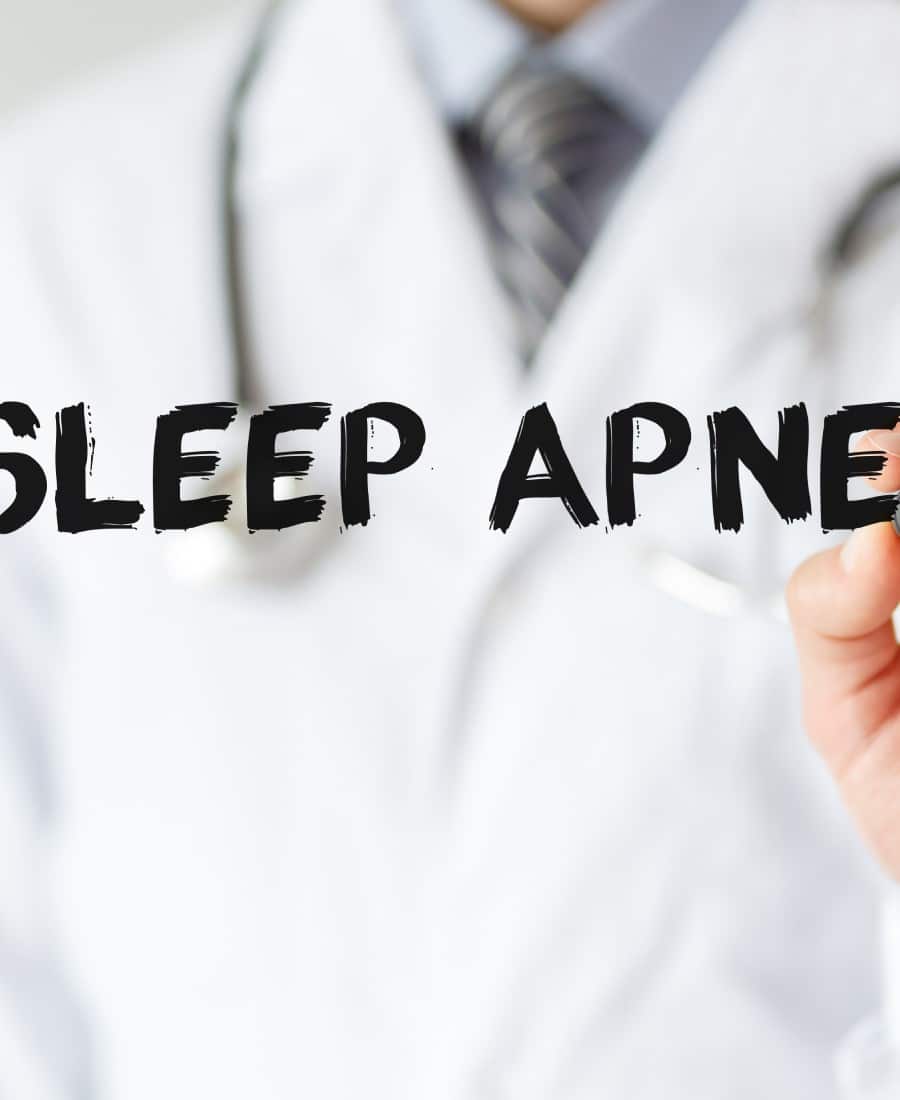
Sleep Apnea And Snoring
Snoring is often an indicator of obstructive sleep apnea. Snoring occurs when the air flows past the relaxed tissue in the throat that causes a vibration between the tissues as you breathe. It causes lack of sleep to the snorers and individuals around them, as well as daytime tiredness, irritation, and poor concentration.
Causes Of Sleep Apnea
Snoring can be the first signal of obstructive sleep apnea, although not everyone who snores has sleep apnea. Snoring can be caused by a number of factors:
[faq id=”141″]


Health Risks Related To Snoring
Minor snoring is common, however, there are instances when chronic snoring should be monitored and evaluated. Snoring can lead to several health risks and consequences. When snoring is so severe, it can obstruct the airway which makes it difficult to breathe. When breathing is compromised, the oxygen levels in the blood decrease. Other health risks caused by snoring include:
- Gasping for air or pauses in breaths while sleeping.
- Chronic headaches.
- Drowsiness and fatigue during the day.
- High blood pressure, which can lead to a stroke or heart attack.
- Obesity
Schedule Your Appointment!
A full night’s sleep is essential for your overall health. We offer effective sleep apnea treatments to resolve your sleeping complications. Oral appliance therapy is a convenient solution that helps treat sleep apnea, without the hassle and discomfort of other appliances such as the CPAP device. To discuss your symptoms and treatment options, consult with one of our specialists. Call (877)858-1624 to schedule your complimentary consultation.
Schedule an Appointment